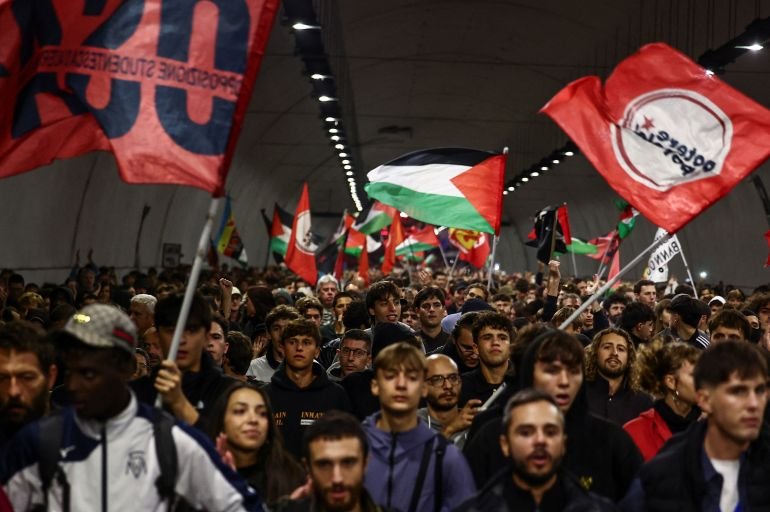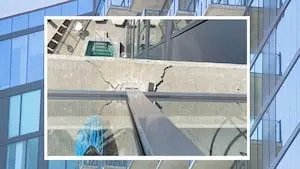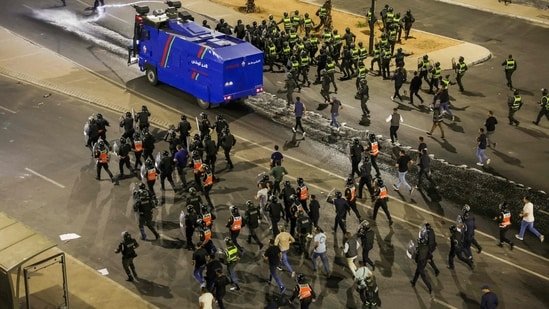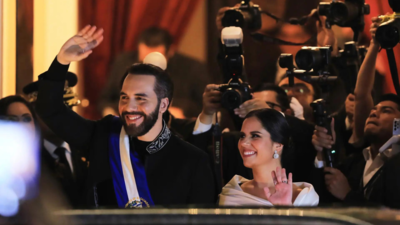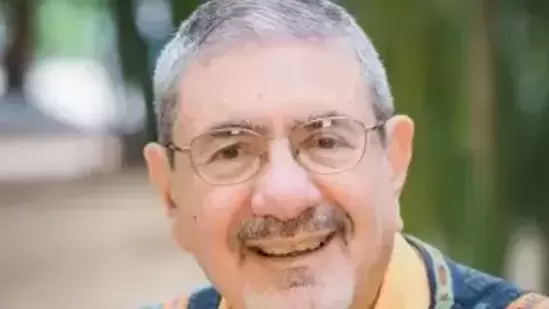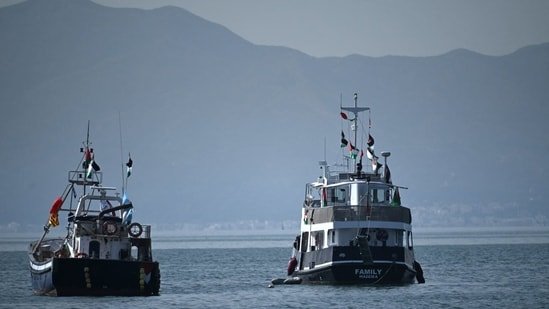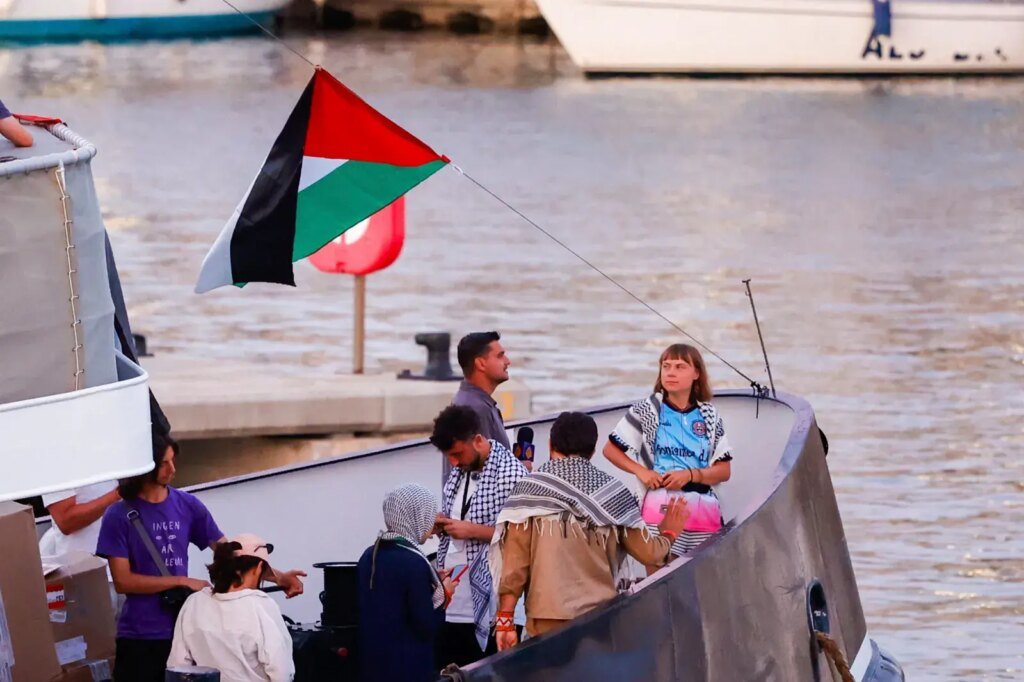European Union leaders mulled a proposal to use billions of euros in Russian assets to finance a reparations loan for Ukraine during two days of consultations in Copenhagen.
German Chancellor Friedrich Merz said on Thursday that he expects a decision on within the next weeks, despite strong criticism from Belgium where the funds are frozen.
“We have had a very intensive discussion about the use of Russian assets to further assist Ukraine,” Merz said, departing from a summit of European leaders in Copenhagen.
The proposal is to be carefully examined with the aim to take a decision “in all likelihood” in three weeks at the next European Union summit in Brussels.
“I will support any path that allows Russian assets to be used to further assist Ukraine and ensure that this war ends as soon as possible,” he said.
Merz added that he was leaving the Copenhagen meeting “with the firm feeling that there is a very strong consensus” to pursue this path.
Belgium raises legal concerns
The plans have however been met with hesitation from some of the EU’s 27 members due to legal concerns and fears over the implications for Europe as a financial market.
Earlier on Thursday Belgian Prime Minister Bart De Wever strongly criticized plans put forward by Merz and European Commission President Ursula von der Leyen to use the immobilized Russian central bank funds to provide Ukraine with additional loans of up to €140 billion ($164.3 billion).
According to the commission, around €200 billion in Russia assets has been frozen in the EU due to the Russian invasion of Ukraine. Much of it is held by the Brussels-based securities depository Euroclear.
So far, the interest on the frozen funds has been used to support Ukraine.
De Wever accused the project’s supporters of grossly neglecting risks and not having answers to open questions.
In addition to the danger of confiscation of assets belonging to European companies in Russia, he also mentioned the possibility of assassination attempts against the head of Euroclear.
Additionally legal issues have not been conclusively resolved, warned the Belgian politician.
Under the plans, Russia would only get the money back if it pays reparations after the war ends. In the event that the frozen Russian funds unexpectedly have to be released, EU countries are to provide guarantees.
De Wever is a key figure in the plans as the initiative cannot be implemented without Belgium’s approval.
Use of Russian assets inevitable for some
Hungarian Prime Minister Viktor Orbán, who is known for his Moscow-friendly politics, said that listening to De Wever’s concerns “was not promising.”
“The question is whose money is that? If it is money of somebody else, Hungary will never touch it. We are not stealers. This money is not ours,” he said.
French President Emmanuel Macron said that De Wever was right to insist that international law needs to be respected.
“Europe is not a continent where you can suddenly take possession of anyone’s central bank assets,” he said.
“At the same time, these frozen assets will be part of the solution at the end of this war, because Russia would have caused a lot of damage and created a lot of costs for everyone,” Macron added.
“It’s totally understandable that there are a lot of questions,” said Danish Prime Minister Mette Frederisken, adding that she was hopeful the commission will be able to address these in time for the upcoming leaders’ meeting.
“For me, it’s very clear that we need to find a way of financing (further support for Ukraine). And if it’s not this way, with reparation loans, I haven’t heard any other ideas that will have as much impact,” she added.
“I know that the government in Belgium finds this very difficult, but my hope is, and my belief is, that we will be able to find a solution that will get support from all 27 countries,” she added.

Italian Prime Minister Giorgia Meloni, German Chancellor Friedrich Merz, The North Atlantic Treaty Organization (NATO) Secretary General Mark Rutte, Spanish Prime Minister Pedro Sanchez and Albania’s Prime Minister Edi Rama react as they and other leaders pose for a family photo at the 7th European Political Community (EPC) Summit at the Bella Center in Copenhagen. Suzanne Plunkett/PA Wire/dpa

